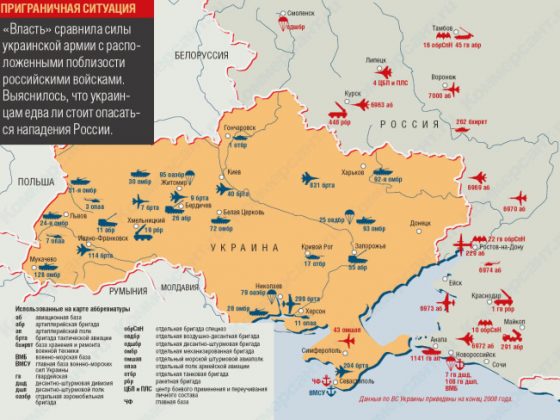Events in Ukraine are hurtling towards disaster for all involved. But there remains a glimmer of hope for a diplomatic solution that keeps the country whole. The contours of a potential deal are becoming clear. However, the actions taken by all parties in recent days have made the kind of compromises necessary to reach such an agreement nearly impossible. All sides must focus on creating off-ramps to de-escalation.
A deal to end the crisis would need to go beyond the current offer that the United States is promoting. A White House statement on Thursday described that offer: ‘the governments of Ukraine and Russia would hold direct talks, facilitated by the international community; international monitors could ensure that the rights of all Ukrainians are protected, including ethnic Russians; Russian forces would return to their bases; and the international community would work together to support the Ukrainian people as they prepare for elections in May.’ This all sounds quite reasonable, but Russia is not in a reasonable mood. And while sanctions could eventually change that mood, by that time it might be too late. If the West wants to prevent the annexation of Crimea or worse, its leaders must recognise that Moscow holds most of the cards in the short term.
Given what we know about Russia’s positions, a viable alternative might entail: in return for a phased Russian withdrawal, replacement of Russian troops with an international monitoring mission and indefinite postponement of the planned referendum on Crimea’s status, senior leaders from the US and the European Union would engage with the new Ukrainian government on the political settlement that emerged following the breakdown of the 21 February agreement. Thus far, there has been a somewhat unquestioning embrace of the new government by the West, particularly since the Russian invasion. While returning to the 21 February agreement itself, which would have seen former President Victor Yanukovich remain in office until the end of the year, is a non-starter, the status quo in Kiev need not be seen as beyond the scope for talks.
A reasonable compromise could involve redistributing ministerial portfolios so that all ‘force structures’ (law enforcement and national security) are headed by technocratic, compromise figures. Currently, the defence ministry, the national security and defence council, and the prosecutor general’s office are all in the hands of nationalist politicians. Efforts would be made to bring representatives of the south and east of the country into the government as well – currently there are none. Kiev would also refrain from threats against the de facto authorities in Crimea and close the criminal cases against them, instead offering talks on devolving competencies to the region in ways that are consistent with the Ukrainian constitution.
The problem right now is that getting to this kind of a deal is rapidly becoming impossible due to actions taken by all sides, particularly Russia. Moscow must recognise that its occupation of Crimea and threats of outright annexation within days make it politically suicidal for the Ukrainian government to offer any concessions. Russia also needs to understand that neither the US nor the EU has any choice but to pursue punitive measures if it continues to occupy Crimea. If the Kremlin is not bent on a land-grab at all costs, it needs to immediately start sending signals to that effect.
The US and the EU should also look for ways to avoid leaving President Vladimir Putin without a face-saving option of pulling back from the abyss that the annexation of Crimea represents. The clock is ticking: if progress cannot be made this week and the referendum goes forward on Sunday, and Russia accepts its results, all diplomatic options will be off the table. Sanctions and isolation will become the only courses available. But until then the West should focus on talks. If Russia is determined to annex Crimea, there is little that can be done to prevent this in the short term. However, if there is even a sliver of hope to avoid that outcome, all parties should be focused on making it a reality.
See the original post © IISS











